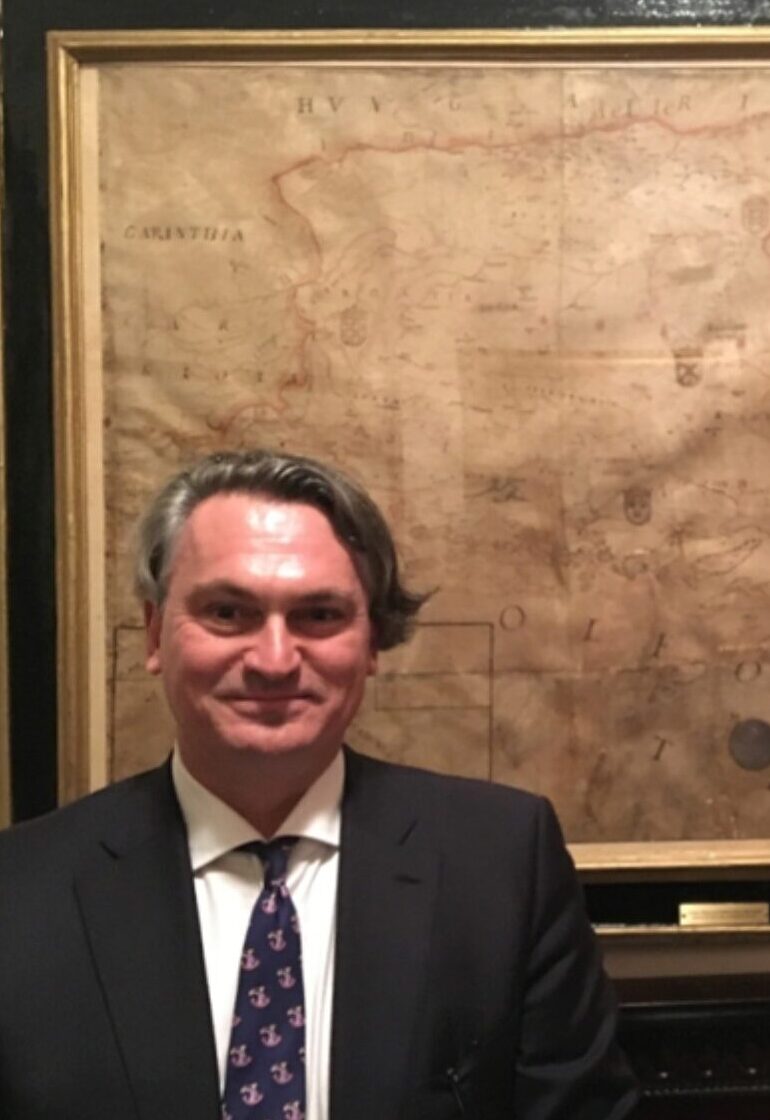Marijan Gubic
Harvard Kennedy School Luksic Fellowships for Chile & Croatia
Former advisor to the first president of Croatia - CEO of Strategic Global Insights and the Indigenous Education Foundation.

Born in Croatia and currently residing in Australia, Marijan holds a Bachelor’s degree in Laws, Politics, and History, as well as a Master’s degree in International Affairs from Monash University (Australia). At Monash, he also tutored politics and worked as a researcher at the Melbourne University Centre for Russian & Euro-Asian Studies (CREAS). He’s currently the Chief Executive Officer of Strategic Global Insights, an independent consultancy that advises companies on significant global business and investment opportunities, and the CEO of the Indigenous Education Foundation (IEF), a foundation with a mission to advance education equity for indigenous people globally.
“When I finally entered university, my world shifted. The world of academia is a wonderful sphere, but I knew at some point I wanted to be involved in global diplomacy and establish my own business. The one thing that I learned at university was that the future will be very different from the past. Tomorrow will always be a moving target, but the process of rethinking the future is a creative, reiterative, and never-ending process if we bring the right mindset to the table. Good diplomacy works successfully within a high trust culture and the ability to shape the future. Diplomats only have influence, presence with character and fortitude, and trust in their toolbox, they do not command armies or fleets.”
Marijan is an alumnus of the J. F. Kennedy School of Government of Harvard University, through which he completed the Luksic Scholars Foundation’s Harvard Kennedy School Luksic Fellowships for Chile and Croatia in 2012.
“The best part of the experience was the onboarding process. At the end of the program, both Peter Morse and Jeff Swiryn, personally reached out to ask me how my experience was. I viewed that as a wonderful, graceful way of them saying, ‘we appreciate you being part of this,’ and my ability to say ‘thank you for allowing me to be part of this experience in return.’ As for the post-program, alumni experience: you all have a different approach to what I’ve seen in other alumni communities. This network is not like a classical alumni system. It’s far more engaging.”
Tomorrow will always be a moving target, but the process of rethinking the future is a creative, reiterative and never-ending process if we bring the right mindset to the table.
Regarding the program, “the development of an enthusiastic mindset and approach to problem-solving, and that’s a direct benefit by sitting in a classroom at Harvard in that particular course. The other is, and this is where I think Harvard excels in encouraging its alumni to bring new students into the faculty and into a program, that they’ve encouraged me to become an advocate of the program, whereas the Luksic Scholars Foundation has encouraged me to be a change agent in my community.”